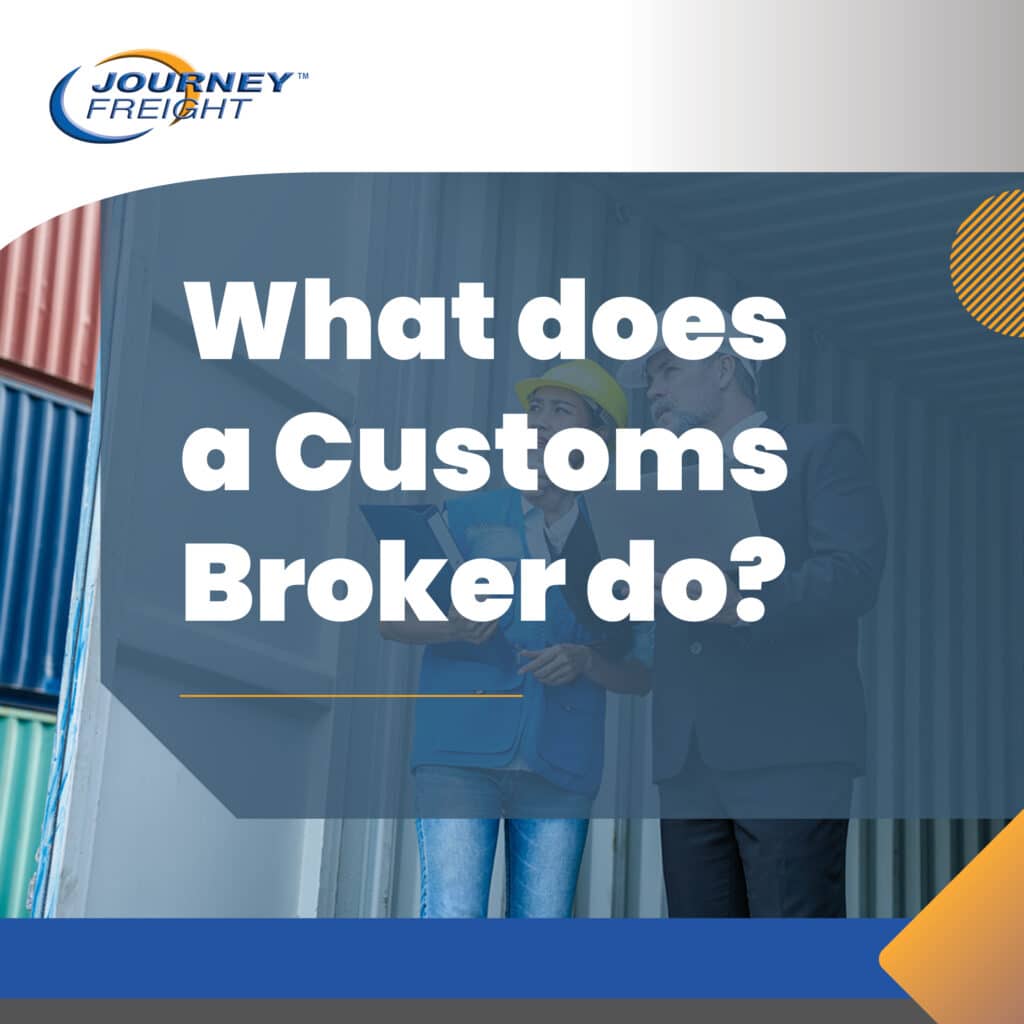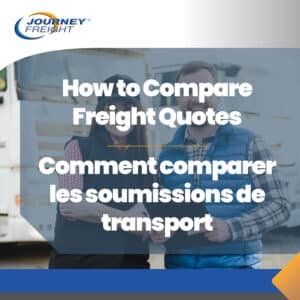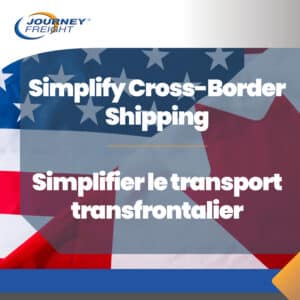
Customs is where shipments stall, fees snowball, and customer promises slip. A good broker turns product data into compliant entries, clears freight quickly, and helps you avoid fines, penalties, and extra work. This guide explains the job in practical terms so you can decide what support you need and how to get value from the relationship.
The job in one sentence
A customs broker collects your product and shipment data, helps to classify the goods, prepares and submits declarations to customs and partner agencies, pays duties and taxes on your behalf, and manages Customs exam holds until your freight is released.
Where brokers save you time and money
- Fewer delays. Correct data, on-time filings, and tight follow-up reduce exams and storage.
- Right duty at the start. Proper HS classification and valuation prevent “pay now, fix later”….and maybe pay again!
- Clear communication. One point of contact monitors all entries, answers questions, and escalates issues through exclusive Customs to Broker channels.
- Real Cash Savings. Free trade eligibility, duty drawback, and special tariff programs are identified early.
- Audit ready. Records are stored and organized so you can respond to post-entry reviews by government agencies without scrambling.
What your broker needs from you
- Product data. Descriptions that make sense to a non-expert, which list the materials, the use, specs, model numbers, etc.
- HS codes if known. The broker will validate this number for you.
- Commercial documents. Invoices, packing lists, bill of lading or airwaybill.
- Origin and value details. Country of origin, assists, royalties, discounts, freight and insurance.
- Permits and licenses. Any PGA requirements such as FDA, USDA, CFIA.
- Customs Power of Attorney and importer bond. Continuous or single-entry, depending on volume and risk.
HS classification, origin, and valuation in any language
- HS classification. Your product is assigned a code that drives duty rates and PGA rules. Small description changes can move the code.
- Country of origin. Where the product was made or substantially transformed. This affects duties, marking, and eligibility for agreements like USMCA.
- Valuation. Customs wants the true price paid or payable with proper adjustments. Assists, commissions, and certain freight costs may belong in this number. Getting this wrong may trigger bills and penalties later.
ISF, entries, and timing
- Ocean ISF 10+2 (U.S.). Key data elements must be filed before loading at origin. Late or wrong data creates risk.
- Entry filing. After arrival, the broker transmits your declaration with HS codes, origin, value, and PGA flags.
- Duties and taxes. The broker advances funds or uses your account, then provides a breakdown for your books.
- Release and delivery. Once cleared, the shipment moves to final delivery or to bonded storage if needed.

Partner Government Agencies
Food, healthcare, chemicals, and high-tech often involve extra agencies. Examples: FDA and USDA in the United States, CFIA and Health Canada in Canada. Your broker maps which agency rules apply, what permits are required, and how to stage inspections without adding days.
Common causes of holds and how a broker reduces them
- Product descriptions that do not match the goods.
- HS codes chosen for low duty or a tax discount rather than accuracy.
- Missing or incorrect origin marking.
- Incomplete PGA data or licenses.
- Valuation gaps such as assists or discounts omitted.
A broker reviews these items up front, asks for clarifications, and submits clean entries. If a hold happens, they coordinate exams, schedule inspections, and keep your team informed.
Choosing the right broker
Look for product fit, lane experience, and response time. Ask to speak to the broker whose license is represented for the Brokerage Company. Ask for a clear escalation path, and a plan for records and audits. Ask about the best way to transmit data between you, your forwarder, and the customs broker to save time and labor. Often times, there are clear processes or integrations in place for ease of doing business.
How Journey helps
You need predictable customs clearances and clean handoffs. As a forwarder with full service customs brokerage department, Journey aligns transport and compliance on one timeline. Easy to manage, end-to-end transparency. From shipper, to consignee and everything in between… your Journey, made simple. We validate HS codes and valuation, file ISF and entries on time, manage PGA touchpoints, and keep records audit-ready. You get fewer surprises, faster releases, and clear updates when something needs your decision.
Explore related services: Customs Brokerage, International Air and Ocean.



